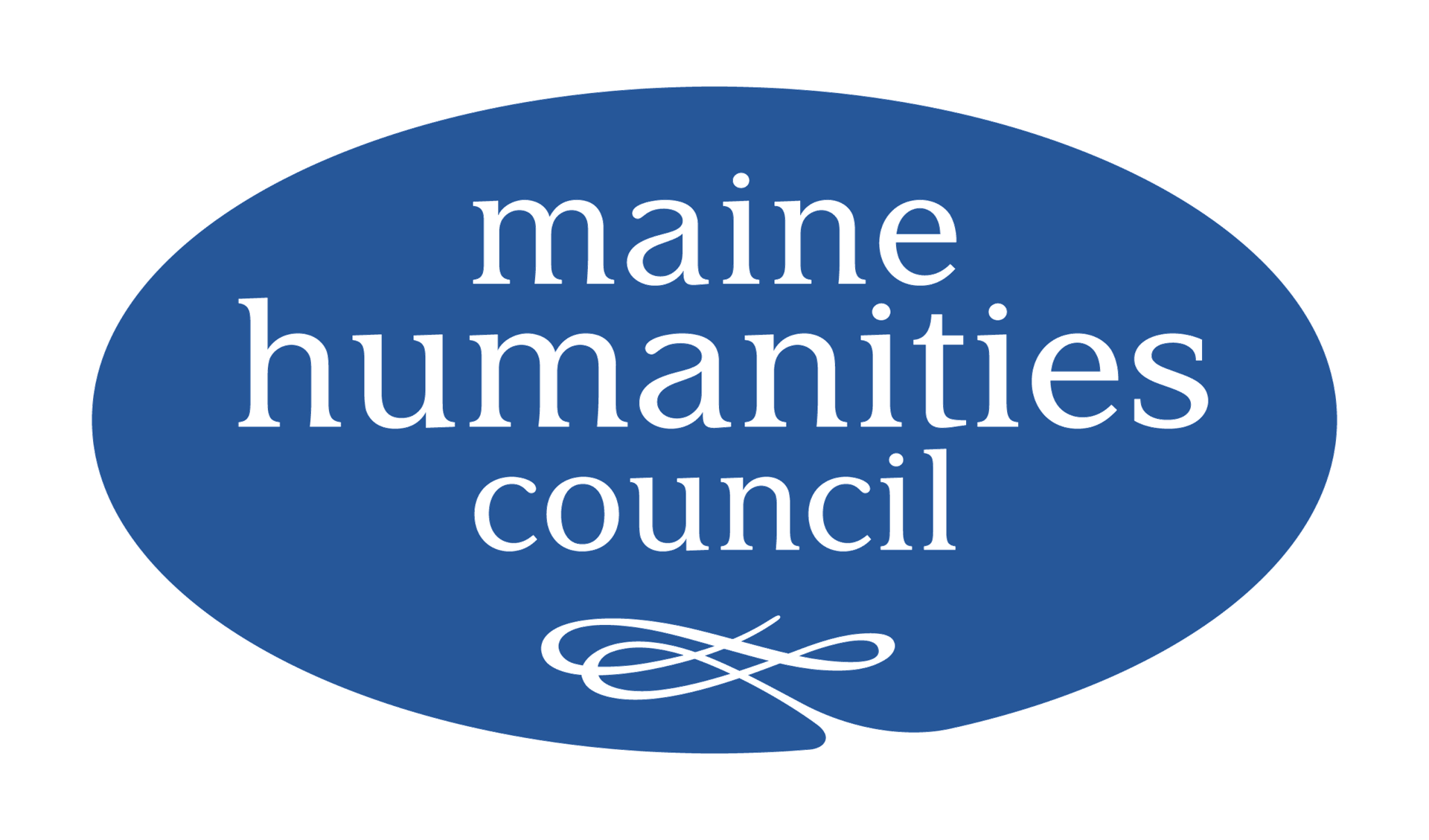The Nuts and Bolts of Exhibit Development
A fantastic collection means little to a visitor if it’s not presented in a cohesive and engaging way. Let’s face it, your exhibits send a message whether you think about it or not, but is it always the message you want your visitors to walk away with? In this guided seminar, discover the benefits of planning your exhibit from start to finish focusing on identifying a goal and target audience, to developing a story-driven narrative for your artifacts, to crafting meaningful exhibit labels. The result: an exhibit that will engage visitors and get the results you really want.
Attend one or both sessions.
12:00-2:00pm: Crafting Your Exhibit Story with Erin Bishop.
You’ve decided to develop a new exhibit. Now what? Come to this session to learn how to develop the interpretation for your exhibit – the central theme, subthemes, storylines, and content – and how to craft those stories into a narrative that will reach and inspire reach your intended audience.
Erin Bishop, former Director of the Association of Maine Archives & Museums, is the founder of Clio, a Museum Consulting firm specializing in interpretative development, educational programming, historic research and commemorative event planning. Previously she served as Director of Education for the Abraham Lincoln Presidential Library and Museum in Springfield, Illinois.
2:15pm – 4:15pm: Exhibit Development with Raney Morrison Bench.
Writing the exhibit can be a challenge, but once the script is done, what’s next? Raney will share tips and guidelines for printing, mounting, and hanging labels and images, staging objects, and overall guidelines for how to make a professional exhibit on a budget.
Raney Bench is the Executive Director of the Seal Cove Auto Museum and former Curator of Education for the Abbe Museum.
Registration will be open online through Sunday, June 5. To register after this date, contact Sheri Leahan at 207-779-4445.

MAM’s 2016 Professional Development Series is funded in part by the Maine Humanities Council as part of the Pulitzer Prize Centennial Campfires Initiative, a joint venture of the Pulitzer Prizes Board and the Federation of State Humanities Councils in celebration of the 2016 Centennial of the Prizes. The initiative seeks to illuminate the impact of the humanities on American life today, to imagine their future, and to inspire new generations to consider the values represented by the body of Pulitzer Prize winning work. For their generous support for the Campfires Initiative, we thank the Andrew W. Mellon Foundation, the Ford Foundation, Carnegie Corporation of New York, the John S. and James L. Knight Foundation, the Pulitzer Prizes Board, and Columbia University.